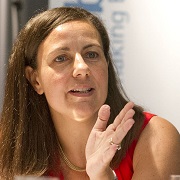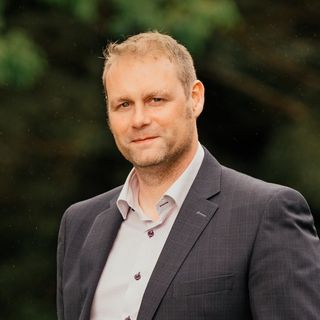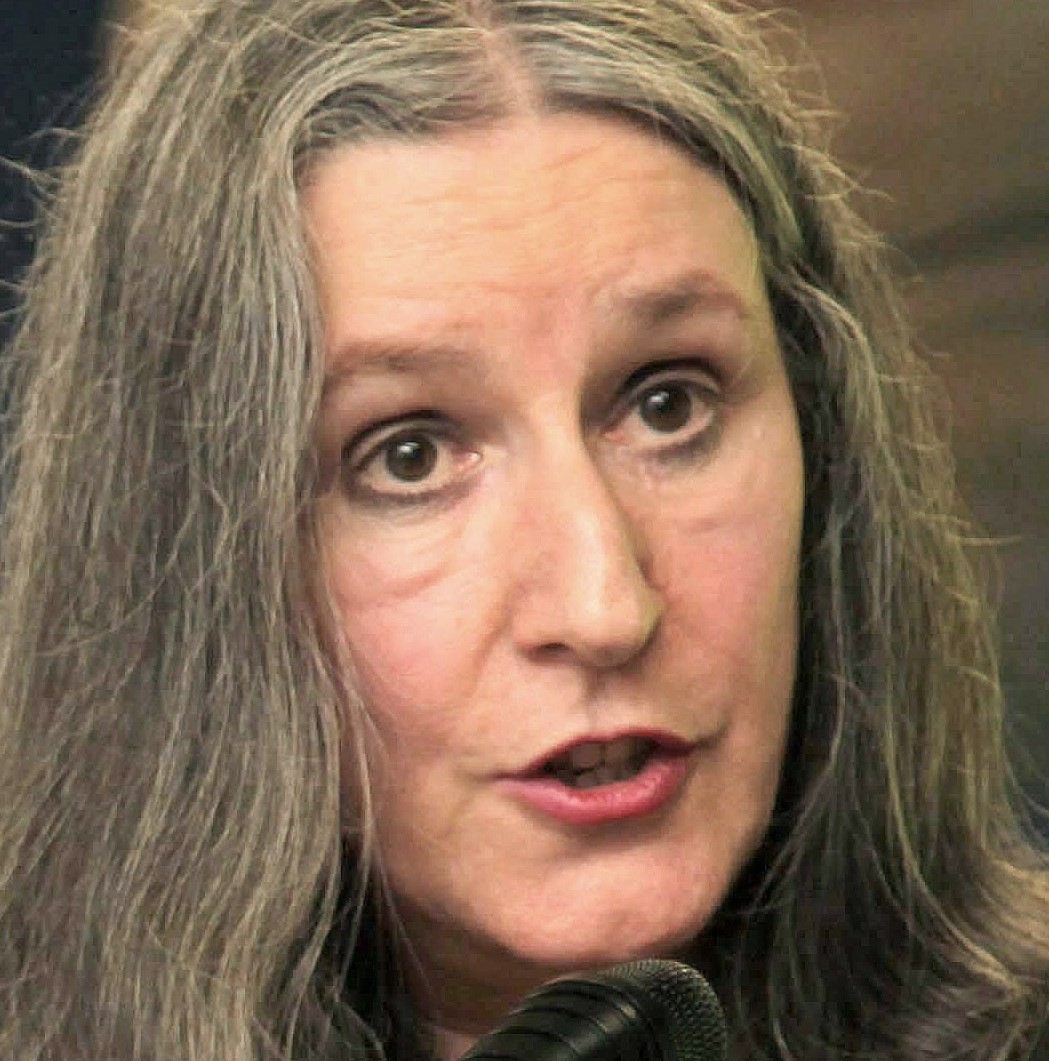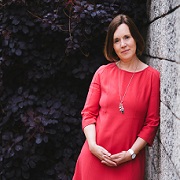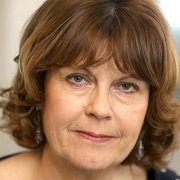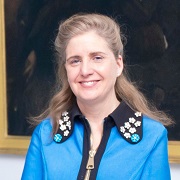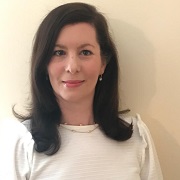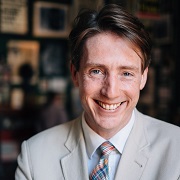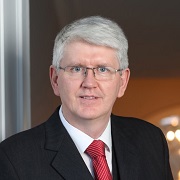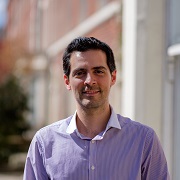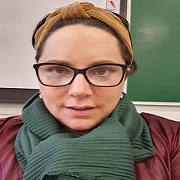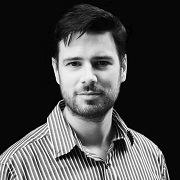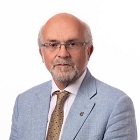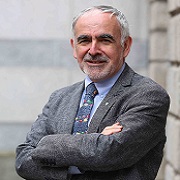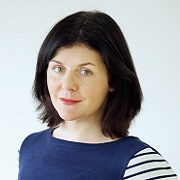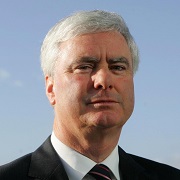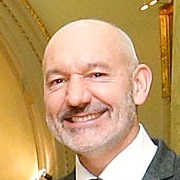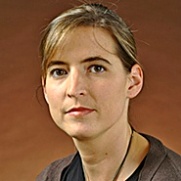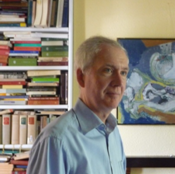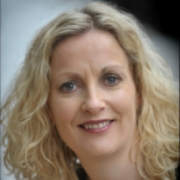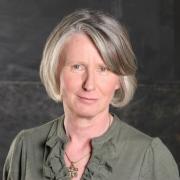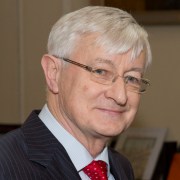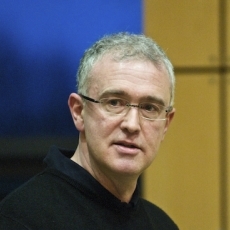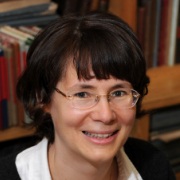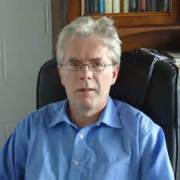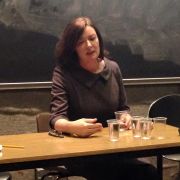I had never thought about what the humanities mean for me, as a human being I did not think this was necessary. Yet now that in my professional life I engage with policy makers at European and national levels, I am constantly confronted with the following questions: “What are the humanities?”. “What do they do for us?” “Do the Humanities save lives like medicine?” Or: “Do Humanities allow us to communicate across the globe like digital technology?”. “How do humanities influence my life as a politician, as a citizen, as a person?”
It is frustrating that our societies don’t always spontaneously express a stronger identification with the aspects of ourselves that the humanities disclose to us.’ It is disheartening that our world of “fast food”, short-term everything, “get to the point” has left behind the most important sense of what it is to be a person. I am an historian by training and I find it bizarre that no biologist would ever be asked to look at a plant without examining its roots, yet it is quite fine for politicians to talk about future societies without looking at where they come from. Today, in Horizon 2020, the European funding programme for research and innovation spends about 2% of all available funding for international cooperation in some kind of history-related projects. Any less of a commitment, and we could well become a society with no roots at all.
Our socio-political complexity as a continent is highly determined by our past, our merging cultures and the struggle still to become a continent after 50 years is tied to the anxiety of leaving behind regional and national traditions. Citizens will not recognise themselves as European, but villagers of wherever their granddads were born. One of my daughter’s friends says she is Scottish… she has never even lived there for a month!
Over the last few years, my job has been about raising a coordinated voice for research in social sciences and humanities in European and national science policies. The arguments are not difficult in themselves: there is no one, with any kind of intellectual background or not, who does not appreciate the joy of music, the power of imagination, and the pleasure of a conversation with free thinking and in whatever language happens to be. But still too few maybe realise that those are the outcome of the context we live in as a society, the politics, the emotions of an era, and that only with the understanding of those roots can we design and plan our best future.
I encourage everyone, and anyone who reads these thoughts, to put themselves through the same exercise. We all rely on a benefit from insights and ideas from the humanities – whether professionally or in our free time. Perhaps it is time to stop asking the historians, philosophers and artists to justify themselves. Perhaps, could we recognise just how much we all benefit from these discoveries and become ambassadors and tireless advocates for the Humanities?


